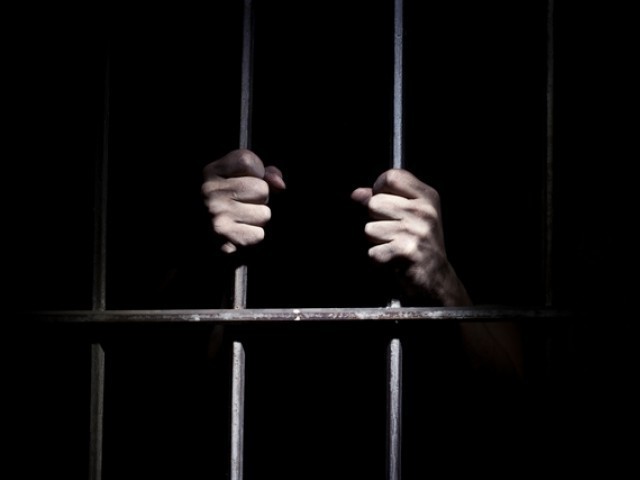High-profile Tibetan monk dies in prison in China
A rights group said security forces were deployed after protesters gathered near a government office in his home region. He died on Sunday in Chuandong prison in the city of Chengdu, his cousin, Geshe Nyima, said over telephone from India.
Radio Free Asia, which is funded by the United States government, also reported the death, quoting a source in Tibet as saying: “Chinese police informed his relatives that he was seriously ill and when they rushed to visit him, they were told he was already dead”.
Telephone calls seeking comment from officials in Chuandong prison went unanswered.
Tenzin Delek was sentenced to death with a two-year reprieve in 2002, according to Students for a Free Tibet, a rights group that has campaigned for his release. His sentence was later commuted to life imprisonment and, in 2005, reduced to 20 years in prison. Tenzin Delek has long proclaimed his innocence and his supporters have frequently called for his release since he was sentenced in 2002.
Hailing the Dalai Lama as a leading figure of moral and religious authority, the US Senate in a resolution recently had greeted the Tibetan spiritual leader on his birthday.
Last year, his family applied for medical parole because he suffered from a heart condition, high blood pressure and dizzy spells.
In India, exiled Tibetans marched Monday in New Delhi and in Dharmsala, where the Dalai Lama has lived since fleeing Tibet in 1959, carrying placards reading, “We want justice”, and “Murdered in Prison”.
The American government, as well as European Union and several global NGOs have been calling for his release, but the Chinese government refused all requests.
He said authorities had notified the monk’s sisters Sunday but did not elaborate on the circumstances of his death.
Ashwini Bhatia-AP Exile Tibetans carry placards as they participate in a candlelit vigil to remember Tibetan lama Tenzin Delek Rinpoche, in Dharamsala, India, Monday, July 13, 2015.
China, which has ruled Tibet since 1951, has been accused of trying to wipe out its Buddhist-based culture through political and religious repression and a flood of immigration by Han Chinese, the country’s ethnic majority.








